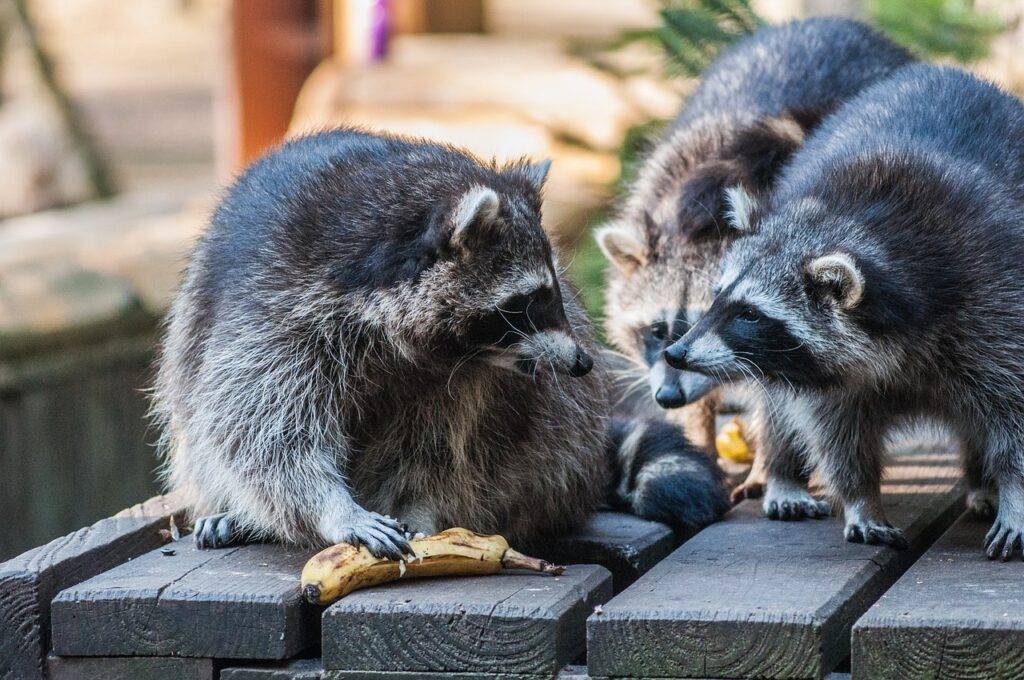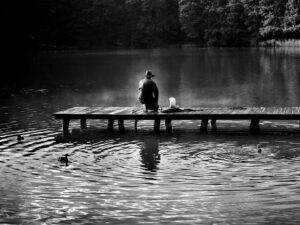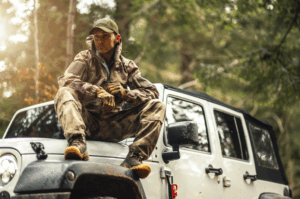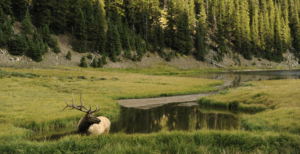
Camping in the wilderness can be a fantastic opportunity to disconnect and unwind after a hectic period in your life. Regular camping outings are great both as a solo camper, as well as with family and friends. They teach resilience and get you closer to nature, an element that might be missing from your life, particularly if you live in the city.
However, one thing that’s non-negotiable on these camping trips is protection from predators. Since you are leaving the safety of home, it’s important that you take the necessary precautions to stay safe from wildlife.
Today, we’ll talk about what you can do to protect yourself from raccoons. Being as they are notorious omnivores and scavengers, raccoons have developed a keen sense of smell that will direct them straight to your campsite, and any food you might have left over.
If available to you, you could ask a wildlife professional for advice, as they are best equipped to handle these opportunistic omnivores.
1. Store food properly.
The first and most important step in preventing a raccoon visit is properly storing away your food and your drinks when you’re not eating. This is particularly serious, since leftovers may also invite other, much larger predators for dinner (like bears).
When you’re not eating or cooking, you want to store food in a sturdy, sealable bear container. Since animals (including raccoons) have learned how to lock-pick a simple cooler, you might not be safe by simply using that.
Once the food is in its container, be extra careful by locking it in your car or RV. That way, the raccoon will have a harder time picking up its scent or getting at it.
Don’t leave any food lying around, not even meager leftovers, or pet food, as this will attract predators.
Note: if you are set upon by a larger predator, like a bear, do not approach. Instead, try to scare it away from a safe distance (or even from within your car) by making a loud noise. If the bear isn’t scared, leave immediately.
2. Beware fragrance.
While not obvious from the start, another scent that often attracts unwanted attention is the chemical fragrance in personal care items. Scented soaps, body lotions, toothpaste, or perfumes should all be left at home when going camping.
These will immediately attract the animal. Avoid spitting (after brushing your teeth) outside, as the often sweet, minty fragrance of toothpaste may attract wildlife. If you are using such products and traveling with an RV, limit the use of any scented products to within the RV.
3. Use repellents.
You may opt for store-bought raccoon repellents, or even try to make your own. Commercial repellents may not be the best choice, since you’d be using them in the immediate surrounding area of your campsite, thus exposing yourself to them as well.
So maybe it’s time you tried a few natural raccoon repellents. Since raccoons are so heavily dependent on their sense of smell, they tend to have strong reactions to strong fragrances. Things like cinnamon, pepper, garlic, and chili bother them because they prick their delicate noses.
It might be worthwhile to sprinkle some of this stuff around your campsite before going to bed at night, to prevent raccoon visitors in the night.
4. Design a special container for trash.
Just as raccoons are attracted to your food and leftovers, they will also be attracted to your trash. This is why storing trash properly is important while camping. Trash bags are just as likely to invite a raccoon for dinner as the meal itself, which is why seasoned campers opt for sturdier storage, instead.
It may be a good idea to bring an extra storage cooler (that’s lockable) that will create an effective barrier between the trash and the outside, and not allow the smell to escape.
Note: while it may be tempting to burn trash while camping, don’t. Even if you take the utmost safety precautions, this will not protect you from a raccoon infestation. Burnt trash is not only dangerous for nature, but it also appeals to a raccoon’s delicate nose, thus making it a bad deal.
Bottom Line
Many of these tips may also be helpful if dealing with a raccoon infestation in your home, though of course, there, it’s best to rely on city services for raccoon removal.
Just as you would for your home, you may also try to scare off raccoons and even other, bigger predators, with bright lights flashing around the campsite, and may even invest in a motion-activated sound deterrent.
While there’s no way to be 100% sure you won’t attract a raccoon to your campsite, the above steps will significantly lower that chance. More importantly, they will mean you’re prepared physically and mentally for a raccoon infestation, and that’s half the trouble.







